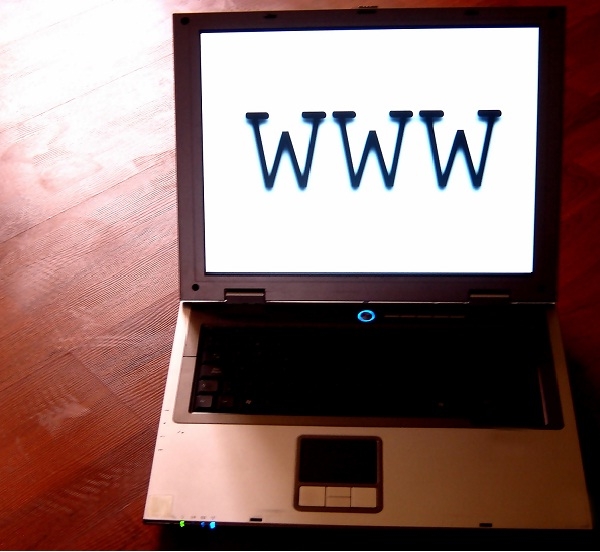By Grahame Lynch
Some 1400 delegates from across the world, including 10 from Australia and 5 from New Zealand, are on their way to Dubai in the United Arab Emirates to deliberate on the first revision of the International Telecommunications Regulations in 24 years—an action some fear will lead to the introduction of new regulation that will change the Internet as we know it.
Major fissures between nations on the proposals could lead to balkanised Internet governance and regulation, effectively ending the global consensus that has underpinned international telecommunications to date.
The World Conference on International Telecommunications (WCIT) convenes for 11 days beginning Monday and will consider hundreds of pages of proposed revisions to the existing regulations. The final regulations will take the form of a treaty that could provide legal cover for countries to introduce major changes to the way Internet communications are priced, governed and secured.
The conference is being convened by the International Telecommunications Union which has fought a rearguard action against a US industry and political campaign charging it wants to “take over the Internet.”
Leaked document
However. a leaked document from an ITU management retreat held in September outlined major policy disagreements between the US, Western Europe and Asia on one hand and Africa, the Arab states and Russia on the other. The US is clearly viewed as most hostile to the WCIT agenda.
The document posits, as most likely, scenarios where the world effectively breaks in two on Internet regulation: as the US and its supporters, estimated as ranging from a few to 40 in number, persist with the status quo and up to 100 countries, mainly from the developing world, sign on to a new treaty. The ITU document regards consensus on a new treaty as “unlikely”, describing US resistance to the proposals as “ferocious.”
| The leaked management retreat document |
Most observers finger Russia as the source of the most contentious proposals, one of which would seek to establish ITU and national governmental control over Internet regulation. Proposed revisions would also legalise government deep packet inspection of private communications carried over IP networks as well as provide for government regulation of Internet routing between countries.
Other proposed revisions, backed by African & Arab nations and European telcos, would see the reintroduction of the old settlement regime for Internet transit, based on a “sender pays” model. The US regards the implications of the conference with utmost seriousness, sending a massive delegation of over 115, including not just State Department representatives but also executives with major Internet-exposed businesses including Cisco, Google, Verizon, AT&T and Inmarsat. Most of the other national delegations are primarily comprised of government officials.
Australia’s ten strong delegation is comprised of five delegates representing the Department of Broadband, Communications and Digital Economy—headed by Keith Besgrove, as well as representatives from the ACMA, APNIC and the .au Domain Administration. Interestingly, two Commonwealth Bank representatives including technology security expert Gary Blair are also in the delegation.New Zealand’s five member delegation includes representatives of the NZ Ministry of Business, Innovation, and Employment, NZ Ministry of Foreign Affairs and Internet NZ.
Although the conference will be chaired by a representative of the host nation, a key appointment to be determined is who controls the chair of the working committee—the so-called Committee 5—that will debate the fine print of the proposed regulations. The leaked ITU document says that there was sentiment that an European should chair this committee for reasons of “balance” but that Russia—keen to ensure maximum consideration of its proposals—was pushing hard for this position.
CommsDay has learned that the Asia caucus—of which Australia and New Zealand are members—is pushing for its own candidate to take the chair of this committee. A key objection to Russia taking the role is that the committee needs to be seen to be impartial.
CommsDay understands that Australia worked energetically within Asia at a preparatory meeting last month to moderate Asia’s potential support for the contentious revisions to the treaty—specifically influencing China to accept a more moderate position on security. – www.commsday.com









